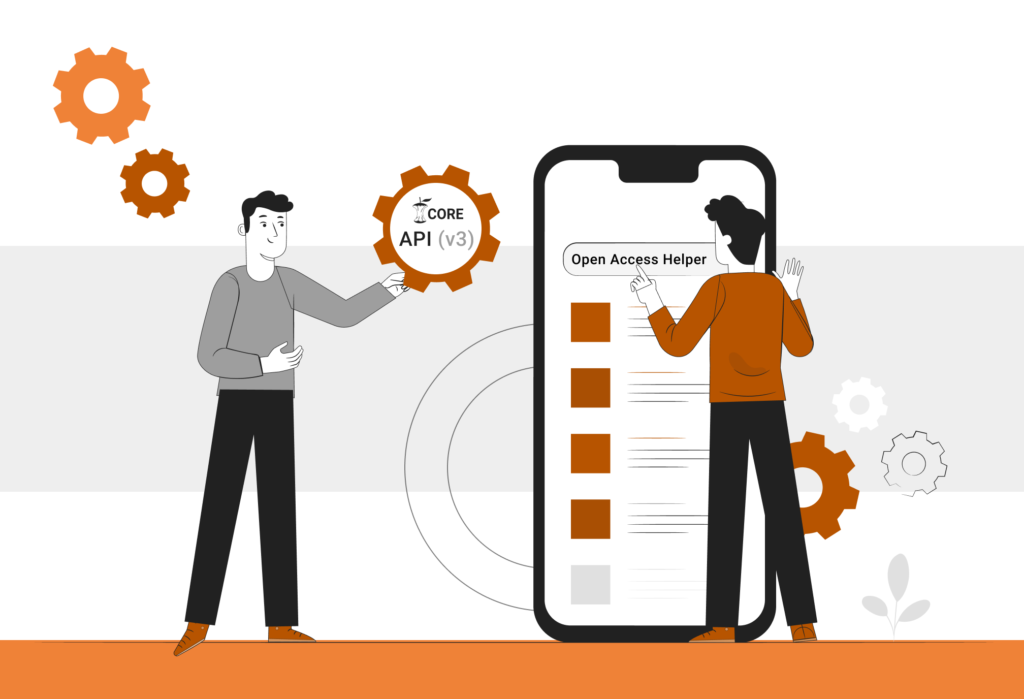The Principles of Open Scholarly Infrastructure (POSI) offer a set of guidelines by which open scholarly infrastructure organisations and initiatives that support the research community can be operated and sustained. In this post, we demonstrate CORE’s commitment to adhere to these principles and show our current progress in achieving these aims. The principles are divided into three main categories; Governance, Sustainability and Insurance:

Governance
💚 Coverage across the research enterprise





